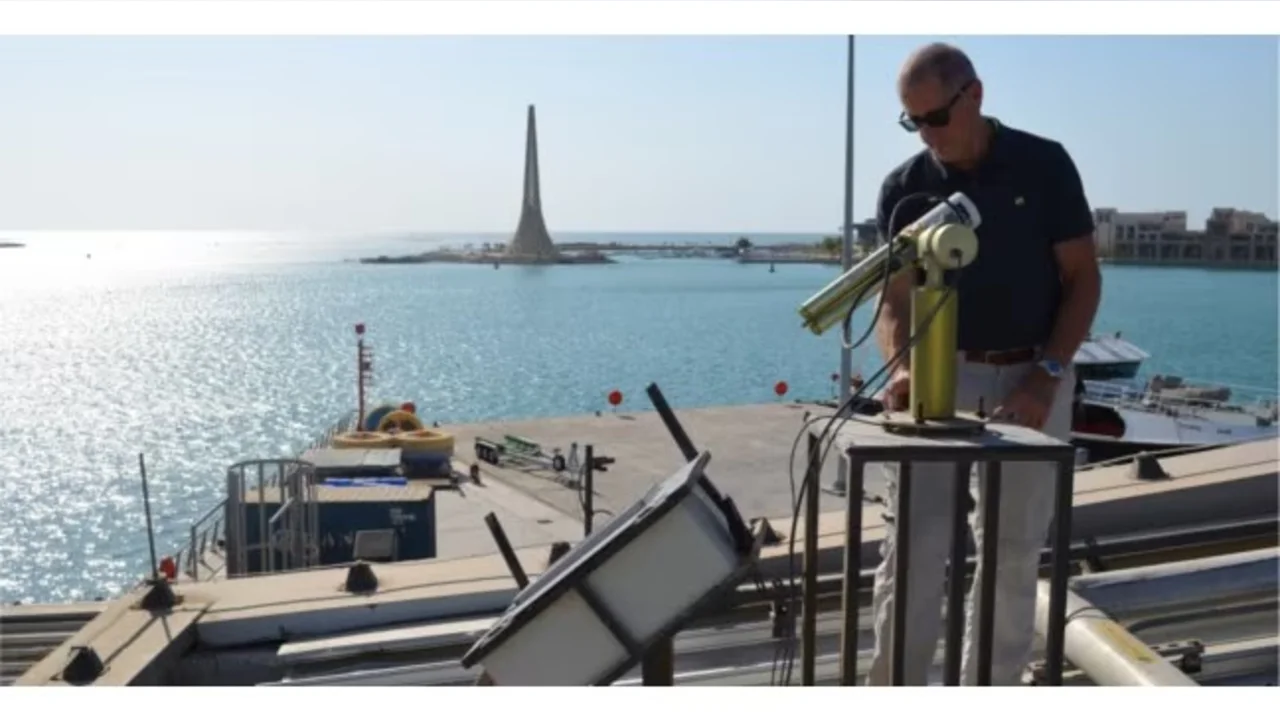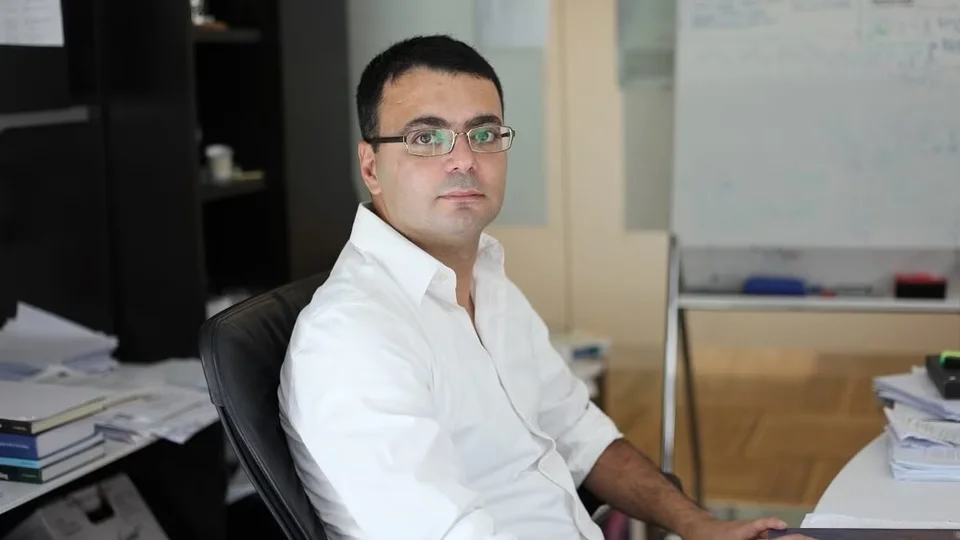
Securing future energy supply
KAUST’s Earth Science and Engineering Program is underpinned by a drive to develop sustainable ways to get the best from natural resources and quantify environmental hazards.
About
Saudi Arabia is a country rich in natural resources, and rapid developments in the petro-chemical industries have allowed its economy to thrive in recent years. With these benefits comes a responsibility to develop technologies to utilize resources in sustainable practices.
Any such innovation requires an understanding of the Earth’s natural processes and the potential hazards of exploiting them. The Earth Science and Engineering Program (ErSE) at KAUST plays a pivotal role in research and development of all aspects of the artificial and natural environment, in Saudi Arabia and beyond.
“Saudi Arabia, a country with an extreme climate and unique geology, has ambitious plans on energy production, oil recovery, renewable energy development, urbanization and industrialization,” explains Martin Mai, faculty member at ErSE. Mai says the ErSE program covers a broad scope of research, divided into two streams: Fluid Earth Systems and Solid Earth Systems.” As with other KAUST programs, interdisciplinary research and international collaborations are at the heart of many ErSE projects.” he says
The Fluid Earth Systems stream focuses on observation, modelling, and prediction of physical processes in atmospheric and ocean environments, and flow modelling for oil exploration. Given that Saudi Arabia lies in the one of the Earth’s largest deserts, dust pollution in the atmosphere is studied intensively at ErSE.
As Georgiy Stenchikov, program chair, explains: “Anthropogenic pollution from Africa, Asia and Europe, high temperatures and intense insulation combine with the dust to provide unique conditions for atmospheric photochemistry”.
“The Arabian Desert receives enough solar energy to power the entire world, if it were harnessed effectively. However, dust deposited on solar panels limits their performance.”
By quantifying and predicting dust pollution levels, ErSE researchers will improve the conversion rate of future renewable energy and promote a healthy living environment in the Kingdom.
The rich oceanic basin of the Red Sea is another focus for Fluid Earth Systems researchers. Apart from being a source of food and offshore oil, the Red Sea, as one of the world’s most important shipping routes, plays a role in regional security. However, knowledge of the oceanographic conditions of the Red Sea is still rudimentary. Professor Ibrahim Hoteit and his team are studying the formation of a hyper-saline dense water mass that escapes from the Red Sea into the Indian Ocean, as a result of intense fresh water evaporation. Their research also includes analyzing the Red Sea’s oceanic currents and investigating how this impacts marine biology.
Read the full article
